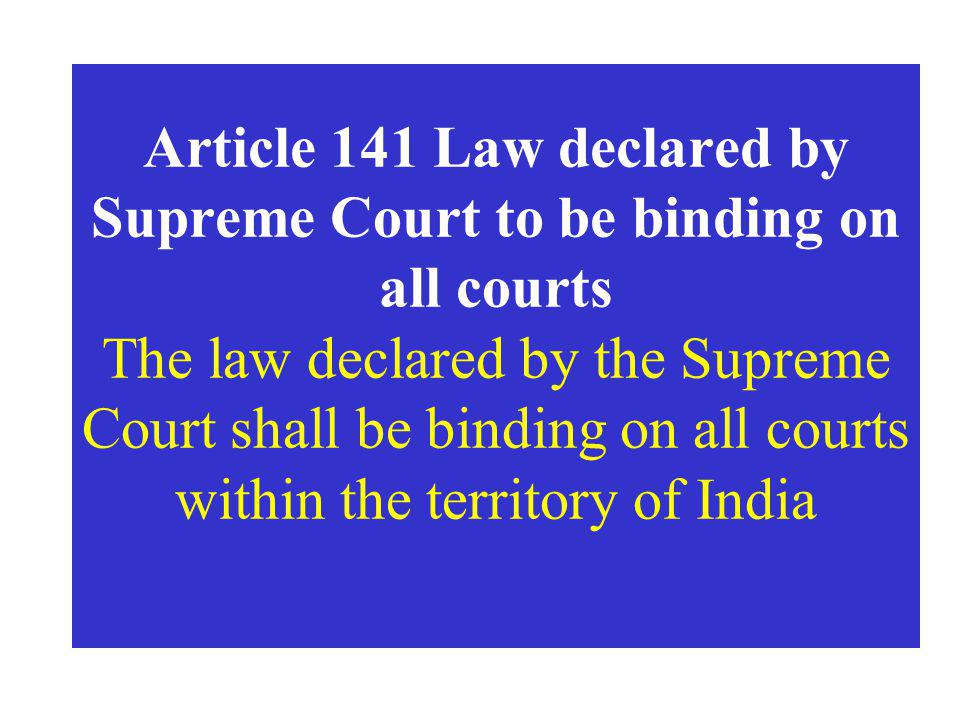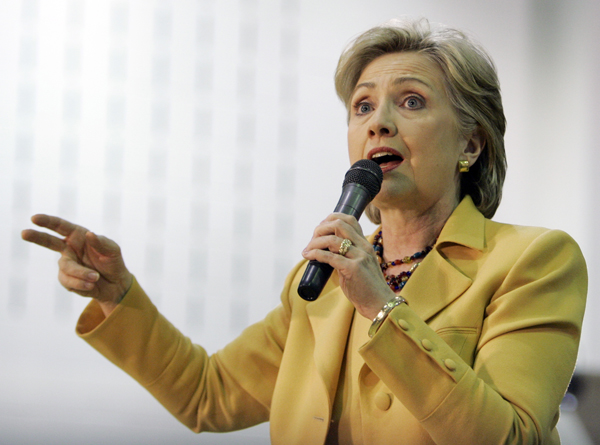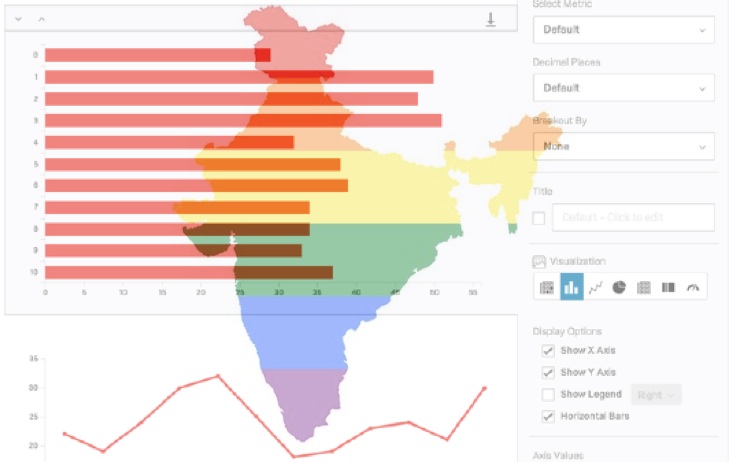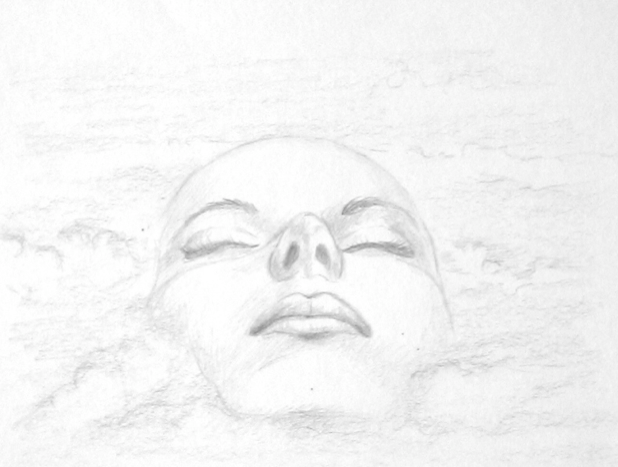PSBT for LGBT: seeking film proposals on engaging with sexualities
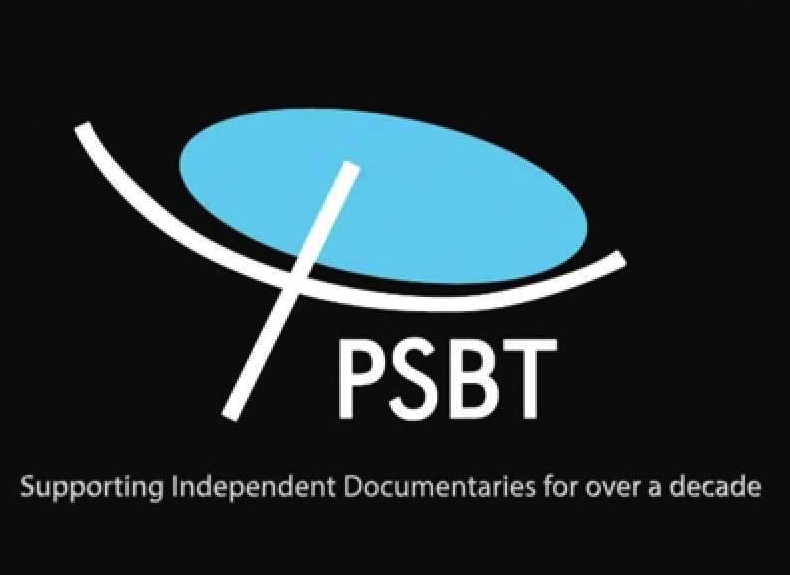
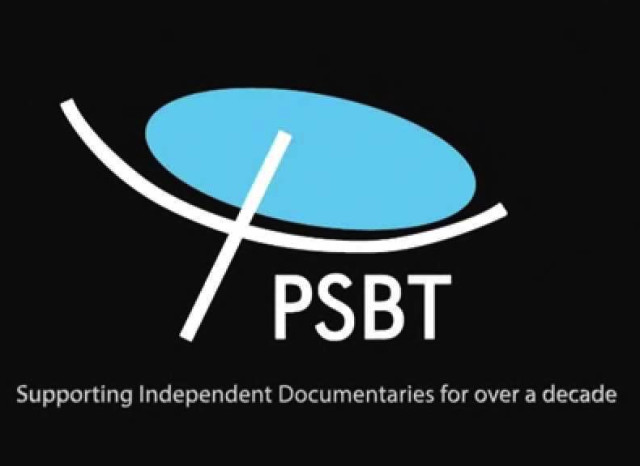
India’s Public Service Broadcasting Trust seeks proposals from starting-out and mid-career filmmakers for the award of Independent Fellowships for films that engage with experiences and conversations around sexualities from various standpoints. From personal narratives and stories to social commentaries, the project provides a wide canvas to explore, both creatively and politically.
Format: Full High Definition
Duration: 10 minutes
Average Budget: Rs 2 lakh
Languages: English and Hindi mandatory
Deadline for Proposal Submission: 06 pm, 06 February 2017
Full details are available at http://www.psbt.org/general/callforproposals: scroll down to Proposal II.
PSBT has been commissioning films on non-normative sexualities and genders for over a decade. Some notables include:
BEING MALE, BEING KOTI | MAHUYA BANDYOPADHYAY | 30 min | English, Hindi | 2007
ALL ABOUT OUR FAMILA | CHALAM BENNURAKAR | 52 min | English, Kannada | 2012 |Trailer
AND YOU THOUGHT YOU KNEW ME | PRAMADA MENON | 52 min | English, Hindi | 2013 | Trailer
ACCSEX | SHWETA GHOSH | 52 min | English, Hindi | 2013
“Patriarchy and heteronormativity work together to sustain unequal and hierarchal structures wherein some bodies and forms of being and sexual expression are systematically privileged over others, ostracising non-conforming behaviour as deviant, unnatural, immoral, illegitimate and wrong, thereby criminalising and/ or invisiblising it. Feminist and queer analyses and interventions have for long recognised the deeply problematic manifestations of patriarchy and gendered control, not just for women, but any body that transgresses the rules of prescribed sexual or gender behaviour. The male body must have an affirmative, commanding and gratifying relationship with sex; the female body must engage with sexuality only in limited, socially useful ways (reproduction) and mostly to provide for the male fantasy; while a body with disability is desexualised and stripped of any sexual agency.”Performing socially sanctioned (hetero)sexuality comes with entitlements and privileges, while love and desire that do not conform are reprimanded, often with violence. Unsafe and hostile familial and social spaces – schools, workplaces, hostels, health care set ups, campuses and streets force people to live up to rigid and oppressive notions of normality and morality. Growing up and living as non-conformist is fraught with stigma, prejudice and stereotyping. To have no reference, no vocabulary or popular imagination that aids self-definition, to feel trapped in a body that does not feel like one’s own, to feel different from those around oneself and to be shamed, threatened and violated for not fitting in is a lonely, terrifying and alienating experience.
“India has a long history of diverse sexual practices and identities, which have flourished with varying degrees of visibility and cultural and political articulation across time. These relationships, these ‘transgressions’, have always existed, often namelessly, and allowed people to form relationships of love, consent and mutuality. The very existence of diverse people with diverse choices constitutes the subversion of patriarchy and heteronormativity. The last two decades, in particular, have witnessed significant political and social expression and consolidation of gender and sexuality, rejecting them as stable and permanent entities.
“This is a fascinating and significant period in history, for those intervening and those witnessing. People are leading spirited battles demanding autonomy, equality, freedom of expression, access to services and the right to be free from the tyrannies of biology, domination, control, boxed categories and violence. These struggles have also allowed a recognition of the interrelatedness of our many identities and their subjectivities.
“It is this hope, joy, agency and turmoil that we want these films to capture – narratives that emanate from peoples’ lived experiences and their readings of their worlds, aspirations, fears, triumphs, interpretations, rebellion, fantasies and tales of love. We hope these films will contribute to the body of work that transcends popular visual vocabulary and questions dominant and limiting media representations which range from sexist and misogynistic stereotypes to loathsome caricatures. Those that go beyond ridiculous questions such as what a woman was wearing, why she was out by herself, why someone in a wheelchair should bother about body image and sex, when someone realised they are homosexual, when they ‘came out’, as if some sort of a surrender, how sex work is morally degrading, that sexual rights have to wait for loftier goals like poverty eradication and national development, among others.
“While pitching an idea, please bear in mind the potential impact of the film on conversations around sexualities, gender, equality, inclusion, representation and human rights and efforts towards affirmative change.”
Details on how to submit are here.

